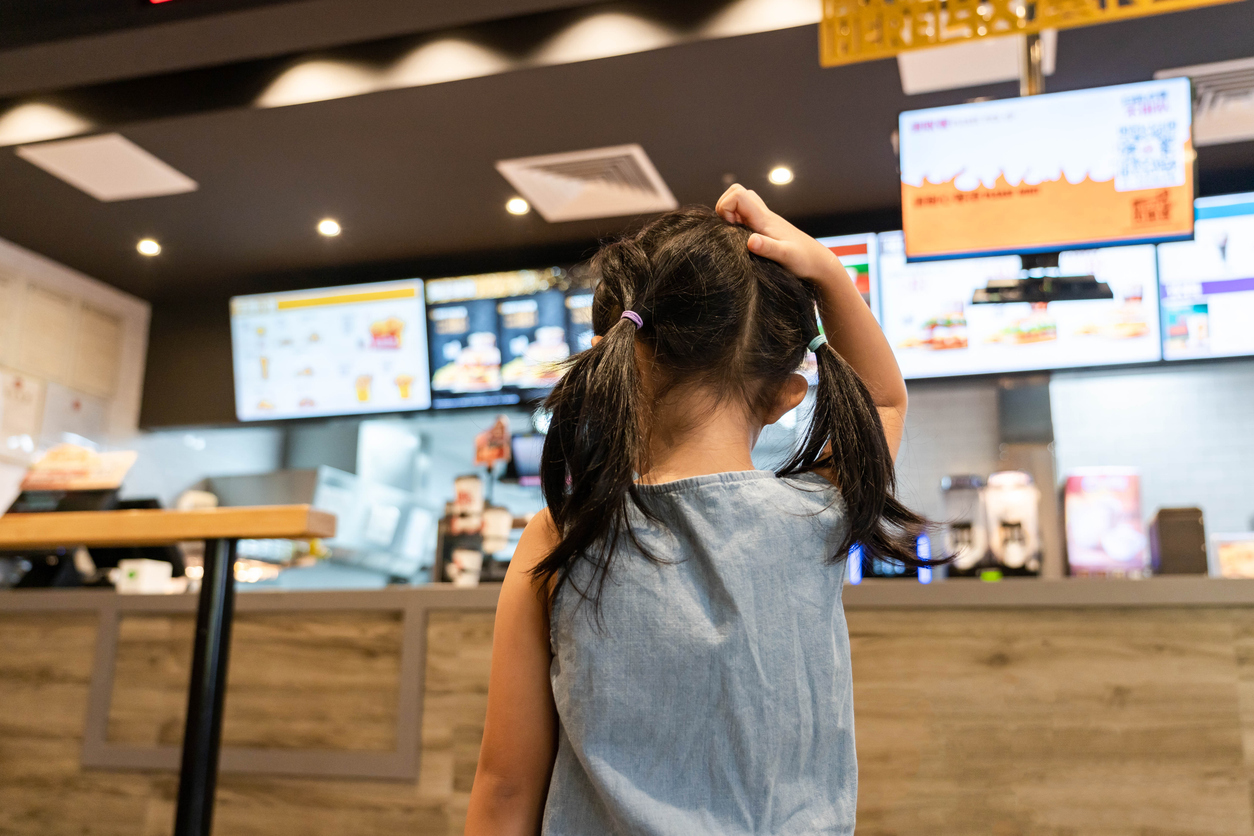Discover essential restaurant KPIs to boost your business performance. Learn key metrics for optimizing operations, and increasing profits and satisfaction.
In the restaurant industry, measuring performance is key to success. Key Performance Indicators (KPIs) are essential to helping restaurant managers understand how well their business is doing. By tracking these KPIs, restaurants can see if they are meeting their goals, identify areas for improvement, and make informed decisions to boost performance. Let’s explore the best practices for tracking and improving restaurant KPIs to help your restaurant scale.
Why Do Tracking KPIs In Restaurants Matter?
Performance measurement in restaurants involves monitoring daily activities and gaining a clear picture of overall success. KPIs are metrics that help evaluate whether a restaurant is meeting its strategic goals. For example, tracking customer satisfaction scores (CSAT) can show how well the restaurant delivers on its promise to provide an exceptional dining experience. Similarly, financial KPIs like profit margins and cost of goods sold (COGS) can reveal whether the restaurant is operating efficiently and effectively.
KPIs provide data-driven insights that aid in strategic decision-making. By analyzing these metrics, restaurant managers can identify areas of improvement, set realistic targets, and make adjustments to enhance operations. This data-centric approach ensures that decisions are grounded in reality rather than intuition, leading to better outcomes and improved business performance.
Types Of Restaurant KPIs
Different KPIs offer valuable insights into various aspects of your restaurant's operations. From customer experience metrics to financial indicators, each type of KPI helps you understand different facets of your business. Here are some essential categories:
Customer Experience Metrics
Customer experience metrics are vital for evaluating how diners perceive their visit. Customer Satisfaction (CSAT) surveys measure diners' satisfaction with their experience, providing immediate feedback on service and food quality. Net Promoter Score (NPS) gauges customer loyalty and their likelihood of recommending the restaurant to others. Additionally, tracking wait times helps understand how delays impact customer satisfaction. Monitoring these metrics helps ensure that the dining experience aligns with customer expectations.
Employee Management Indicators
Employee management KPIs focus on the effectiveness of staffing and team performance. Turnover rates help identify issues with staff retention and recruitment. Regular staff surveys can gauge morale and job satisfaction, providing insights into potential improvements. Tracking training hours and sales per employee reveals how training impacts performance and efficiency. These metrics help ensure a motivated, well-trained workforce that contributes positively to restaurant operations.
Financial Metrics
Financial KPIs are crucial for assessing a restaurant's economic health. Profit margin measures the difference between restaurant revenue and the cost of goods sold (COGS), providing insight into overall profitability. Food cost percentage tracks the proportion of revenue spent on food, aiding in cost management and pricing strategies. Labor cost percentage evaluates how much revenue is spent on labor, helping to balance operational costs and profitability.
Operational Efficiency KPIs
Operational efficiency KPIs focus on optimizing day-to-day restaurant operations. Table turnover rate measures how frequently tables are turned over, helping to maximize seating and increase revenue. Order accuracy tracks how well orders are filled, impacting customer satisfaction. Monitoring stock levels and energy consumption also plays a role in reducing waste and managing resources efficiently.
How To Track And Analyze KPIs For Restaurant Performance

Effectively tracking and analyzing KPIs involves several key steps:
Define Your KPIs
KPIs are measurable values that indicate how well a restaurant achieves its key business objectives. Identifying the most relevant KPIs for your specific goals ensures that they provide meaningful insights. Aligning KPIs with overall business objectives ensures they reflect the most critical areas for success.
Set Up Measurement Tools
It is crucial to select the right tools for tracking KPIs. Options include dashboards, analytics software, and custom-built solutions. Popular analytic tracking tools offer various features to track and analyze data effectively. Choosing tools that integrate well with existing systems ensures accurate data collection and analysis.
Establish Baselines And Targets
Establishing baselines involves analyzing historical data and industry benchmarks to understand performance levels. Setting realistic and challenging targets aligned with strategic goals drives performance improvements. For example, include setting sales targets based on past performance or industry standards.
Collect Data
Effective data collection methods include surveys, transaction records, and web analytics. Ensuring data accuracy and consistency is crucial for reliable KPI tracking. Overcoming common challenges, such as data entry errors or system discrepancies, helps maintain data integrity.
Analyze Data
Analyzing KPI data involves techniques such as trend analysis, comparative analysis, and correlation analysis. Interpreting data in the context of business objectives helps identify trends and actionable insights. Regular data analysis ensures that performance is continually evaluated and improved.
Visualize Data
Data visualization makes KPI data more accessible and understandable. Effective techniques include charts, graphs, and dashboards. Choosing the right visualization tools helps communicate insights more clearly, facilitating better decision-making.
Take Action
Using KPI insights to drive actionable changes is essential for improving performance. Developing action plans based on KPI analysis and monitoring the impact of these actions ensures continuous improvement. Regular KPI reviews and adjustments help maintain effectiveness and drive progress.
Common Challenges And Solutions When Using Restaurant KPIs
While tracking KPIs is crucial, there are common challenges to address:
Data Accuracy And Consistency
Accurate and consistent data is vital for reliable KPI tracking. Inaccuracies or inconsistencies can lead to misguided decisions. Common issues include errors in data entry and discrepancies between systems. Ensuring robust data collection methods and regular audits can mitigate these risks.
Interpreting KPI Data
Interpreting KPI data can be complex, as different KPIs impact various aspects of restaurant performance. Misinterpretation can lead to ineffective strategies. Leveraging data visualization tools and seeking expert analysis can improve interpretation accuracy.
Maintaining Consistent Performance
Maintaining consistent performance across KPIs can be challenging. Fluctuations in performance may affect overall success. Setting clear benchmarks and monitoring performance regularly can ensure consistency.
Balancing Cost And Quality
Balancing cost and quality within KPIs is a common challenge. Prioritizing cost control might impact quality and vice versa. Practical solutions include optimizing inventory management and investing in staff training to balance cost and quality.
Adapting To Market Changes
Adapting KPIs to market changes is necessary for relevance. Market trends, consumer preferences, and economic conditions can impact KPI effectiveness. Updating KPIs and leveraging market research can help restaurants stay agile and responsive.
Optimize KPIs For Restaurant Success With Checkmate
Tracking and analyzing KPIs are vital for driving restaurant performance and achieving strategic goals. By addressing common challenges and adapting to market changes, restaurants can stay more competitive and grow their business. Explore how Checkmate can help you track and improve KPIs with a comprehensive solution to optimize your restaurant's performance.




